If You’re Missing This One Thing, You’ll Fail at Your Goals, Just Like Last Year
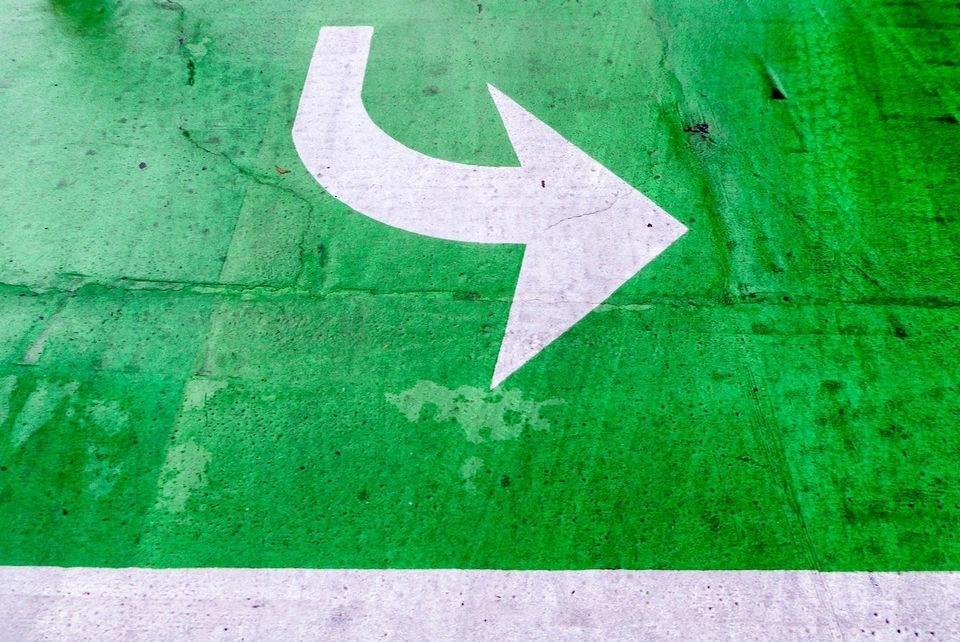
The thing is not the thing: A coach’s perspective on setting meaningful, intentional goals for what they will make of you.
So, 2020 happened. We all have a story to tell about a year that will be spoken about and analyzed by historians, sociologists, scientists, and political pundits for many years to come.
The usual refrain of, “This is going to be my best year ever,” was not unexpectedly absent, at least from the many article titles I’ve gleaned on Medium. It’s probably safe to say that most people are working under the assumption that 2020 is carrying most of its baggage into 2021 until we reach our hopeful destination later this year with mass vaccinations across most of the world and relative control of the novel Coronavirus.
There are many significant hurdles to overcome, both logistical and human, that concern our immediate and long-term mortality. These range from catching COVID-19 or its variant to the ever more apparent changes we are witnessing as a result of climate change and the destruction of our ecosystems and animal habitats due to deforestation for farming, cattle, mining, or housing.
As objectively as I could write the last paragraph, it’s no wonder that the slide into 2021 was a non-event for many.
My partner and I were in bed by 9:30 pm with fireworks on the couch earlier in the day (ahem). We had several frank discussions after considering the news and directions from municipal and provincial health officials about travel and family visits. We spoke with both of our parents and thankfully everyone agreed that the right thing to do was to stay home, self-isolate, and continue to practice social distancing and wearing a face mask anywhere outside the home.
On the morning of New Year’s Eve, I published, “Your 2020 Year-End-Review Personal Evolution Process.” I shared a simple 5-step journaling process to review the meaningful highlights, milestones, and insights that shaped you in the year gone by. To show the effectiveness of the process, I shared my own review in complete detail.
/2020-year-in-review-personal-evolution-process/
Later in the day, I wrote in my journal, “What’s missing from my 2020 review?”
That got me thinking about this very article I’m writing, specifically, how to plan for 2021 now that I’ve completed a review of the previous year. Serendipitously, I received an email from a major publication on Medium with a link to a list of their top 80 plus articles about planning your goals for 2021. Seriously! 80 articles? Who has time for that? If there is anything to be said about focus, direction, and eliminating distractions, this is the very last link you would want to click. Well, I clicked it to see what it was all about, of course. They did a nice job organizing articles by type, from creating habits to etcetera, etcetera. I didn’t read a single one; I was only interested in the titles.
The answer to my question, “What’s missing from my 2020 review?”, was a clear and strangely satisfied, “Nothing about setting goals!” Thinking through my question as a coach, I asked the next few questions: “How can I use the responses to my 2020 review to guide me in 2021? What projects are ongoing? What processes are still in motion?”
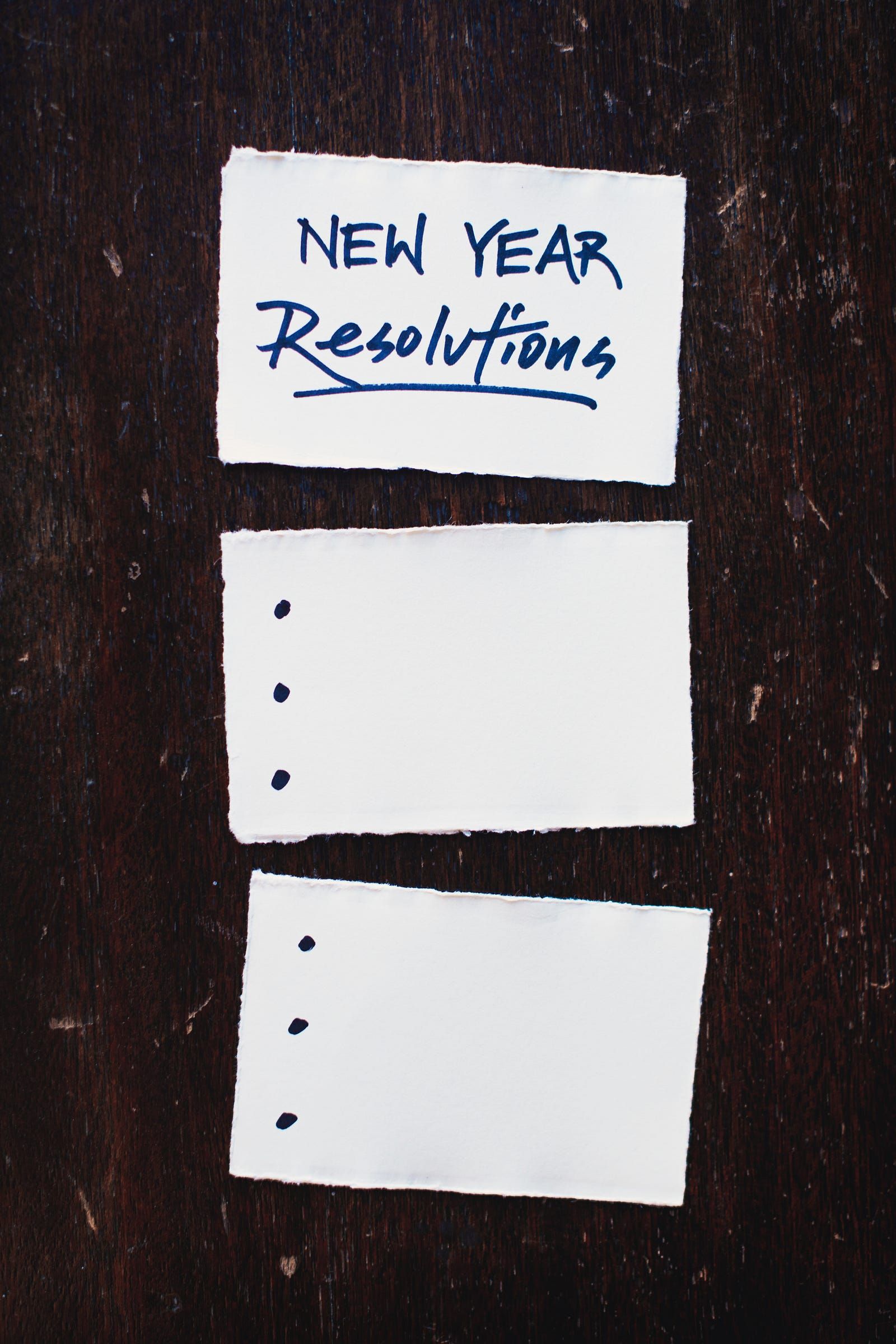
Moving from 2020 to 2021, or any new year, is a social construction.
We are quite simply ending one day and waking up in the next one. The personal development industry gets its audience so worked up with expectations about what they need to plan to accomplish that the herd runs headlong like bison toward the edge of the cliff.
Many businesses are structured such that the New Year presents a new financial or employment management cycle. If you are in sales, you know that the big corporations are planning their new year marketing budgets as early as October, and making their spending decisions between November and December. If you miss that window, you have to wait another year.
When I was in management almost two decades ago at Pink Triangle Press, I had to follow a formal process of reviewing year-end income versus expenses, writing a full report, crafting goals and objectives for my role, for my team, and finally craft a new budget to take effect in January. When this is drummed into you in business, the pattern rubs off into other areas in your life, too often unconsciously.
Many coaches launch a “New Year, New You” type of program.
And why not? Everyone is doing it. Most gyms make their most money in January, thanks to all the New Year’s resolutions to burn off all the fat from over-eating and drinking at Christmas. Unfortunately, that will not be the case this year in many places where gyms will remain closed into February or longer. The COVID-19 pandemic has disrupted so much of our lives, but at the same time, we can look squarely at what was normal and ask ourselves how we wish to proceed in 2021.
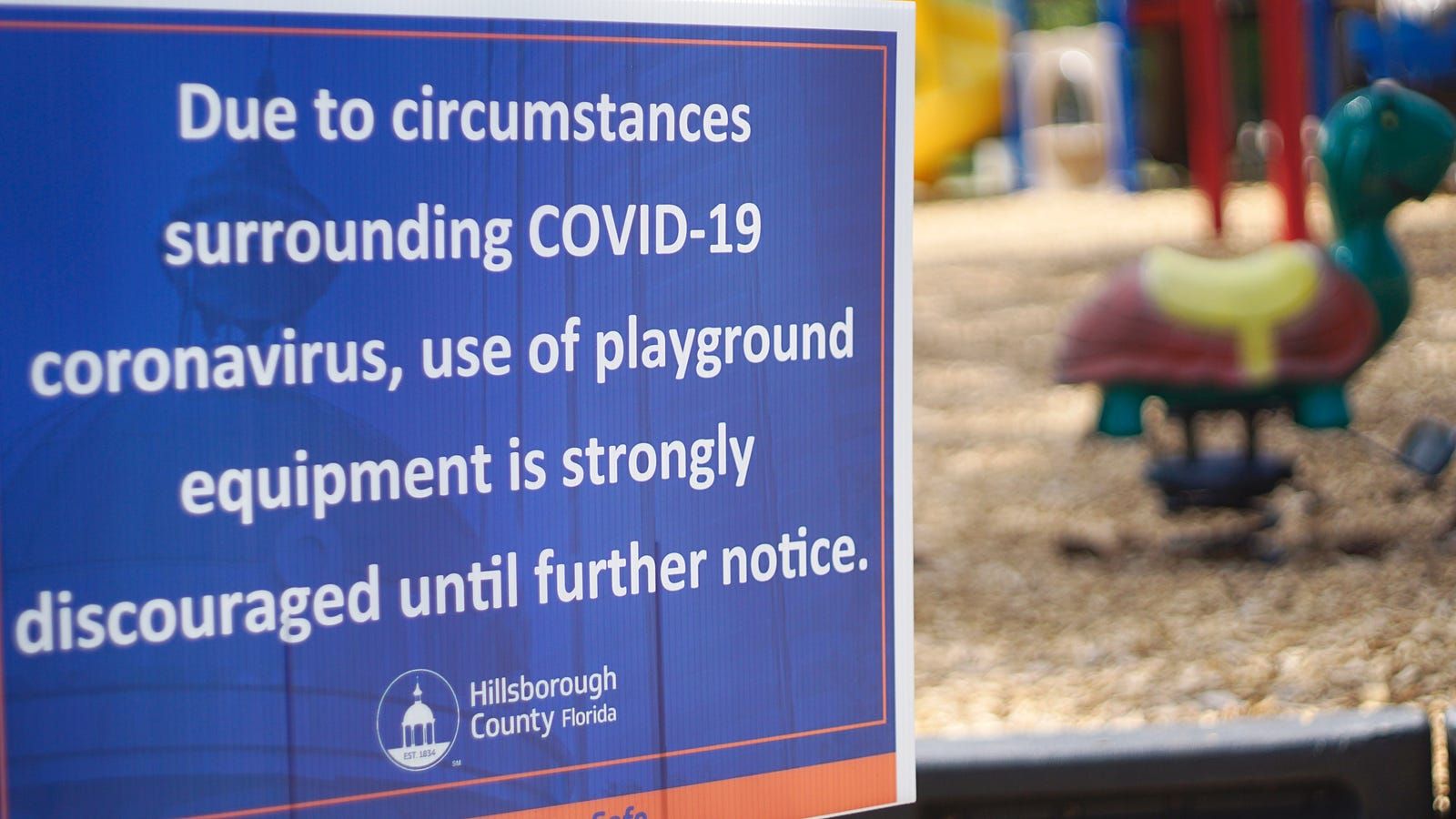
There is no going back to what was once normal. Why not consider why there’s so much fuss and confusion around setting goals as well?
Just because last year is over, doesn’t mean that my projects and processes are also done. To me, that’s a problematic precedent of being stuck in a ritualized norm of having to “start fresh” or “start over” just because it’s a new year. Why exactly would anyone want to do that? Why not keep building upon who you are, who you have become, and what’s working for you?
Life is like a river and life works out best if you move with the constancy and direction of the current.
You can avoid the major obstacles in your way by gently flowing around them. However, when you struggle against the current, trying to go against it, you are not awake in the present moment. You will have to work terribly hard to stay afloat while working against a relentless force that will eventually overpower you. When the current appears to turn against you in life, you must mindfully navigate across it, not against it, which is the only sustainable option, until you are no longer in its grip and back inflow.
Our year doesn’t end as abruptly as water coming to the walls of an artificial, human-made dam — which is just another way to express a barrier and social constructions that hold us back from going with the flow. Blindly following the herd is a form of blissful stagnation and slow, uncreative death. In either scenario, a force is blocking your way and controlling your movements by regulating how your life should flow in relation to social conventions and traditions.
The reason why I didn’t offer a way forward as part of my 2020 Personal Evolution Process Review is two-fold.
The first step of the process is about learning from your past year, and most importantly to be in alignment with how you feel about who you have become in your present moment awareness — what you have learned about yourself in how you think, feel, and what you have accomplished. That self-examination alone should be a powerful enough testament to determine what’s next, to see clearly the current direction of the evolution of your life.
The second reason for why I didn’t offer a way forward is because the process was a review. After a review, having time to think about, to let incubate what you have learned, will provide focus and clarity about what you are committed to creating and what you may choose to stop doing.
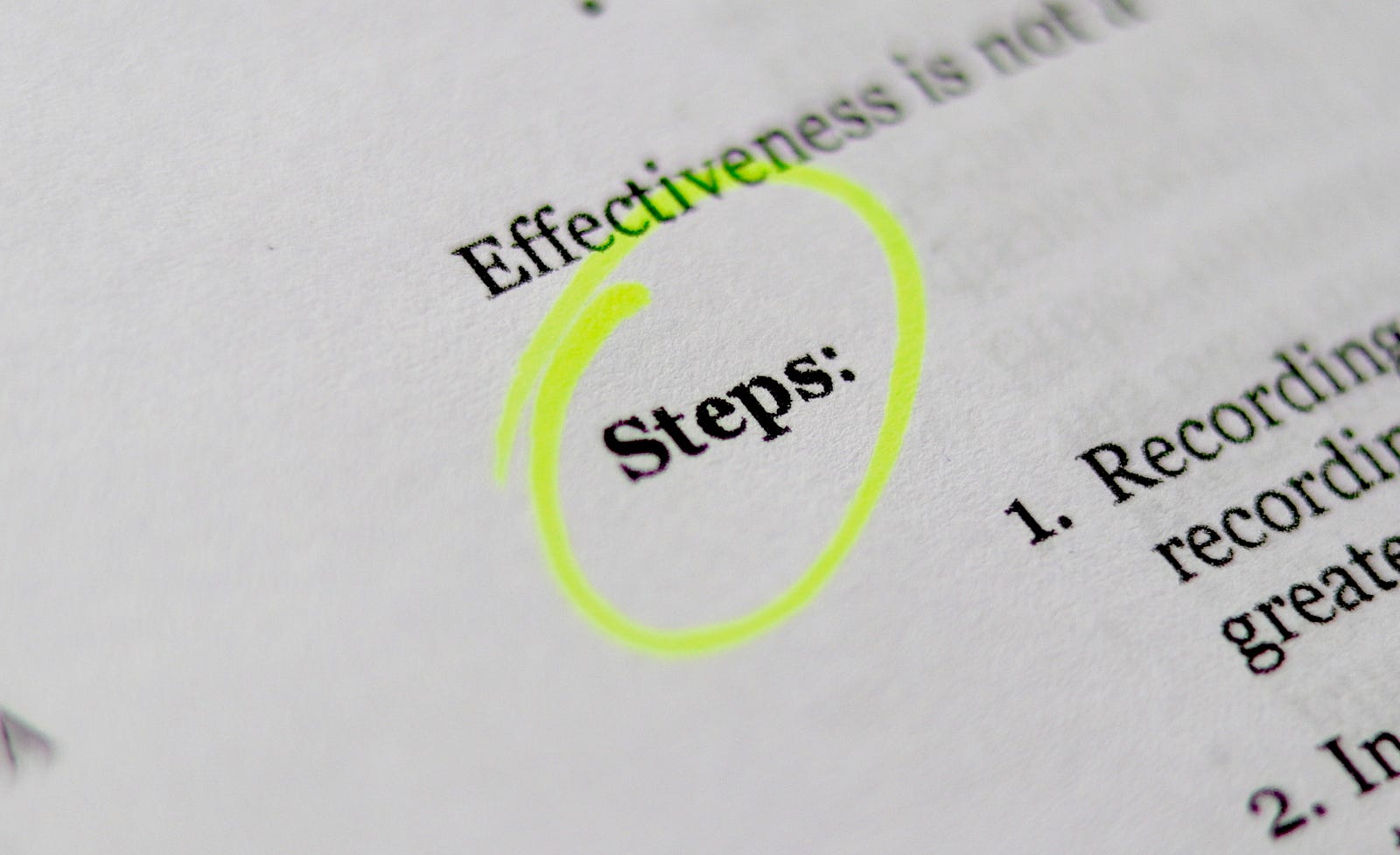
But what about goals? How will I know what to focus on?
There is nothing wrong with setting goals. You can set them at any time in your life. You don’t have to wait until the New Year to read 80 articles to get your life sorted and to become even more confused about how to set goals because you read all 80 articles.
In my life and work as I coach, I have found goal setting to be a daunting exercise. Setting goals always felt unattainable, and I wasn’t taught how to connect with my emotional intentions, purpose, beliefs, and values — until very recently. Those core aspects of our humanity contribute far more easily to becoming more of who you are and help you create the life you want for yourself, with much less emphasis on possessions and quantitative measures. There’s nothing wrong with those types of goals, but they are not what leads to human-hearted fulfillment and authentic expression.
To be fully transparent, I have studied and used goal-setting systems from Jim Rohn, Anthony Robbins, Michael Port’s Book Yourself Solid system, Todd Hermans’ 90-Day Year, Garry Keller’s The ONE Thing, and many more. I have attended many of those individuals' weekend seminars, bought their CDs and DVDs, paid for their coaching, obtained certifications, and hired various professional coaches across the life coaching and fitness coaching industries.
What is far more important to living the life you desire are the truths about the success process that I shared in my Year-End-Review Personal Evolution Process:
- You can’t put the goal before the action.
- You can’t put the action before the practice.
- You can’t put the practice before the process.
- Your process will fail if you are not in emotional alignment.
That is not a very sexy list. It’s hard to sell this process, right? The truth is that setting goals is only one part of a much larger process. If you have been setting goals over the years but only accomplishing some of them, then there’s an aspect of the process missing from one of the four statements above. Plain and simple, what grounds the process of success is personal transformation and emotional alignment. Those two things are individual and unique — just like diets, they work for some people, some of the time. In other words, a template does not a human being make!
Please understand that there’s nothing wrong with you if you don’t reach one or any of your goals.
Instead, there is simply something missing from the success process that you haven’t considered or that you were not made aware of. Most likely you have been too focused on the abstract thing — the goal or the outcome. But in this case, the thing is not the thing. What I mean by this confusing paradox is that the thing you think you want (the manifestation of your goal in the form of more income, a better job, a new car, etc.) is not the true object of your focus. There is no object to be truly had, there is only present moment intention.
Think not about possessing the thing, the result, state, or physical object that takes the form of the goal as what’s truly important or meaningful.
Instead, think about what the process will make of you — how you will transform into a more evolved human being — along the path to becoming more of whom you already are, and how you can make a difference in the world of your purview.
If you’re curious about how to cultivate your purpose and create meaningful goals in a way that will help you experience more freedom, impact, and joy in 2021, click the button below to discover how we can work together:

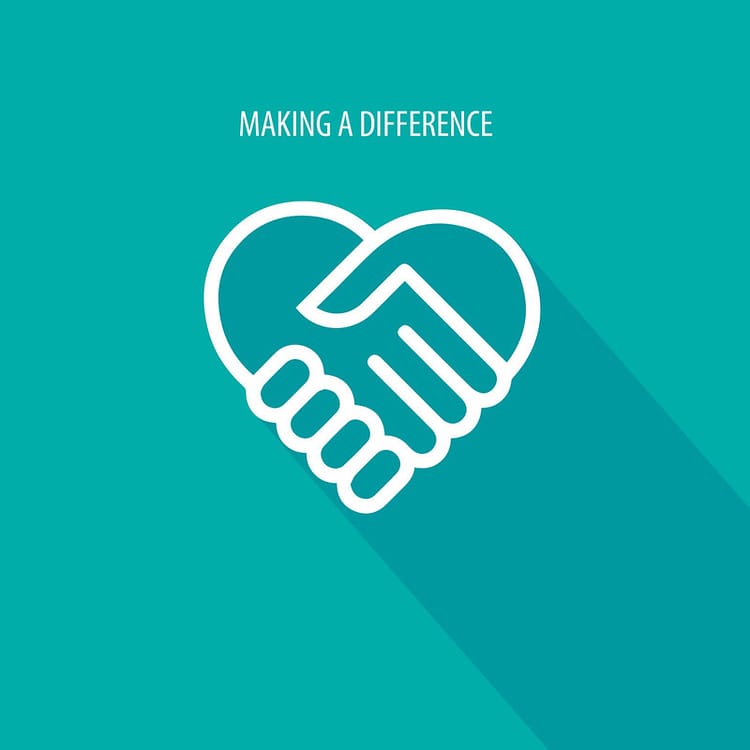
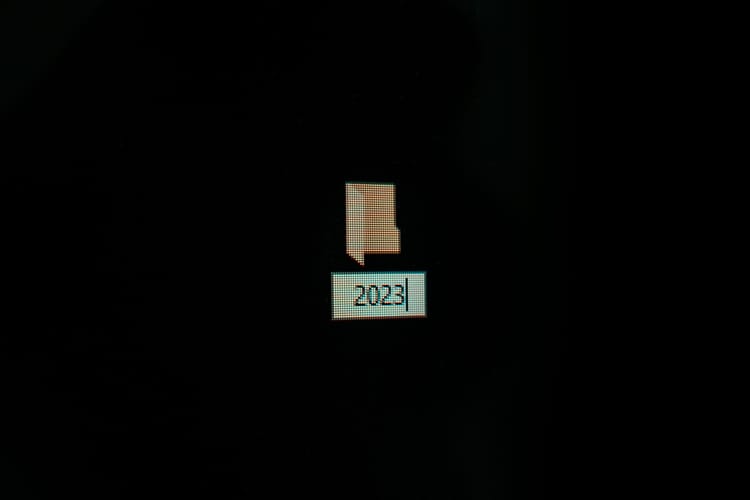
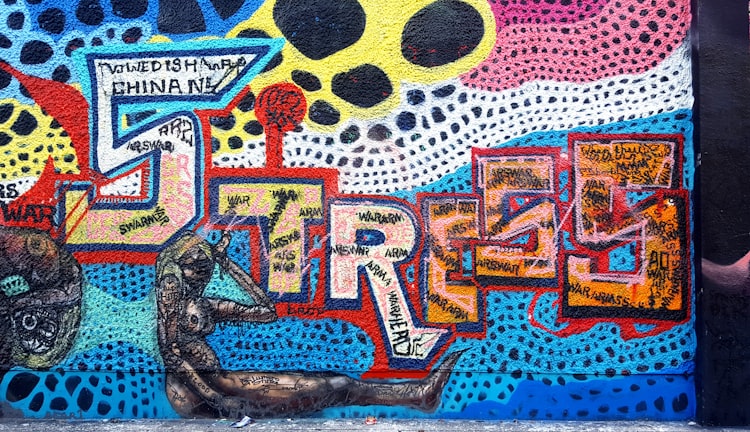

Member discussion